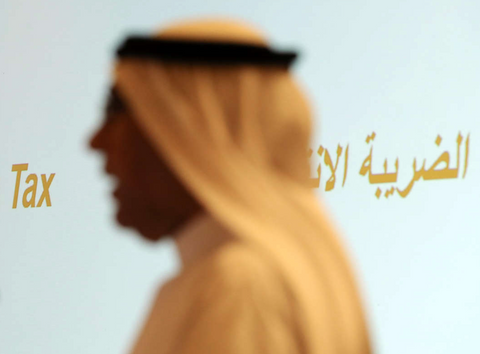
Inheritance planning is an essential consideration for anyone concerned with protecting and preserving their wealth for future generations. Often, inheritance taxes are very high, ranging from around 13% in Russia to exorbitant rates of 45% in France. In practice, in the absence of cash, many heirs cannot keep the property received and are supposed to sell the family inheritance in order to pay taxes.
In many countries, including France, the laws can be too strict and prohibit the heritage allocation according to the wishes of the deceased. This leads to large-scale inheritance disputes that jeopardize the viability of the assets transferred.
Choosing Dubai for inheritance planning is a golden compromise for those looking for proactive planning and appropriate asset management. Dubai operates under the mixed legal system of common law and civil law, however, when it comes to inheritance planning, Islamic law is often applied to Muslim residents. For non-Muslims, the freedom to dispose of their property in accordance with their will is generally respected.
Significant tax benefits
One of the greatest advantages of Dubai is the absence of inheritance and gift taxes. Thus, when you own a property located in Dubai, or securities of a company located in the United Arab Emirates, your wealth will be allocated to your heirs free of charge.
However, if you are not a tax resident in Dubai, you should consult foreign laws and international tax treaties to verify that you are not subject to some tax obligations in your country of residence.
For example, the tax treaty concluded between France and the United Arab Emirates provides for the taxation of the real estate in the country of their location.
Thus, in Dubai you can have a lot of opportunities due to the pro-business environment, minimal or non-existent taxes and the strong economic growth. Dubai gives you the opportunity to transfer the outcome of your efforts to your children or your family without incurring exorbitant taxes and to allow the sustainability of your business over several generations.
Confidentiality and protection of assets
Confidentiality is a major concern when it comes to inheritance law. Dubai offers high discretion when it comes to estate matters. Information about heirs and assets is strictly protected, ensuring adequate protection and preventing unauthorized disclosure of personal information. This allows families to preserve their privacy while planning their inheritance.

Possibility to establish sophisticated inheritance planning structures
In addition to the opportunities mentioned above, in Dubai you can establish sophisticated estate planning structures. These advanced structures can help you maximize the protection of your wealth, minimize taxes and maintain ongoing control over the transfer of your assets, even after death. Some examples include:
Trusts
Trusts are widely used for international inheritance planning. By creating a trust, you legally transfer ownership of your assets to a trustee, who manages them according to your specific instructions and distributes them to the designated beneficiaries at the appropriate time. Trusts offer protection against creditors, reduce inheritance tax and ensure ongoing management of your wealth.
It should be noted that foreign property may also be held by a trust, for example property located in France.
Foundations
Foundations are legal entities that are created for the purpose of managing and distributing the assets in a philanthropic manner or for specific family purposes. They offer flexibility in terms of wealth devolution and allow for estate planning to support charitable initiatives or preserve family wealth over the long term.
Testamentary Freedom
Testamentary freedom in UAE offers great flexibility to protect and transfer your assets according to your will. This means that expatriates have the opportunity to designate the beneficiaries of their property and plan their inheritance according to their personal preferences.
For example, an Emirati resident who has his residence in Dubai at the time of his death, could disregard the French law that prohibits the exclusion of a reservist heir from the will, a law that has made so many echoes in the Halliday case.
Summary
Inheritance planning is an important factor in preserving the family wealth for future generations. When you are a resident of the United Arab Emirates and you conduct your activity here, you have the opportunity to:
- Transfer movable and immovable property without being subject to some transfer taxes;
- Establish sophisticated estate planning structures;
- Share your assets according to your wishes.
When you are not a resident but you own movable or immovable property in Dubai that will be transferred, you may be exempt from transfer taxes subject to national laws and international tax treaties.
In any case, it is important to familiarize yourself with local laws and receive appropriate legal advice to ensure that the transfer of your assets is executed with outmost security.
Our team of experts is here to help you to set up your company and to guide you throughout its development at all stages, to allow an optimal growth and an efficient transfer.


